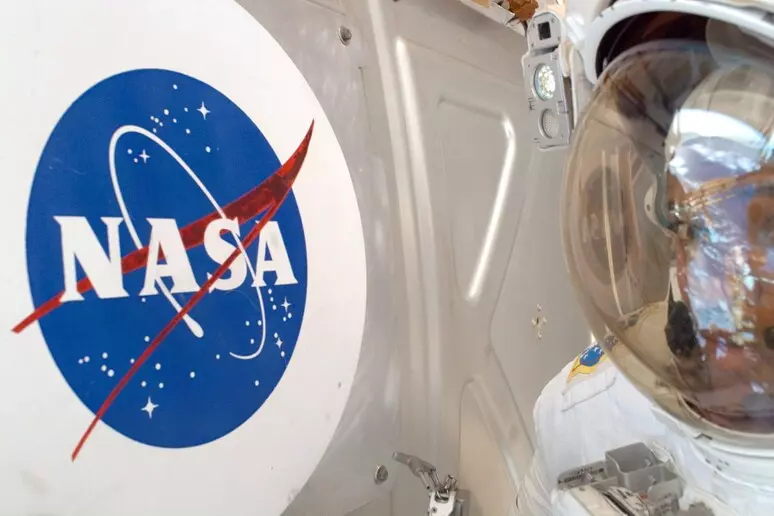A “stellar” twist unsettles the U.S. space program. Just days before the official Senate confirmation, the White House announced the withdrawal of Jared Isaacman‘s nomination to lead NASA.
It’s a decision that surprises not only because of its timing, but also for its political and personal implications: Isaacman was considered a trusted figure for Elon Musk, and his candidacy represented a convergence between private ambition and public goals in space.
Donald Trump communicated the reversal through a post on Truth Social, stating that he had reassessed the candidate’s previous affiliations and that he would soon appoint a new representative “aligned with the mission and ready to put the U.S. first in the celestial sphere.”
White House spokesperson Elizabeth Huston reiterated that the next nominee must support America First, the political slogan representing a nationalist and isolationist vision, and must also lead the Republicans’ ambitious goal: planting the American flag on Mars. No further details were given regarding the reasons for the withdrawal.
Isaacman, a billionaire entrepreneur and experienced pilot, also known for having flown aboard a MiG-29, has not made any public comment. Yet, until just hours before the announcement, everything appeared to be proceeding as planned. His nomination, first announced by Trump back in December, had passed smoothly through the Senate Commerce Committee in April and was set to be voted on right after the Memorial Day recess.
Moreover, the aviator who is no newcomer to the aerospace world but a veteran, has close ties with SpaceX, the company owned by the South African magnate. Musk himself, commenting on X, had described him as “a rare person, competent and kind-hearted.”
The exclusion, according to sources close to the matter, appears to have clear political roots. Some members of the presidential staff reportedly raised concerns about the pilot’s past connections with figures close to the Democratic Party. A suspicion that, according to some observers, triggered a boomerang effect, prompting the GOP leader to opt for withdrawal as a show of political firmness.
In his initial statements following the nomination, Isaacman had promised to work for a NASA that looked to the stars without compromise. He had spoken of the goal to turn humanity into a true spacefaring civilization and to inspire future generations to look upward–rhetoric that now seems to have backfired.












